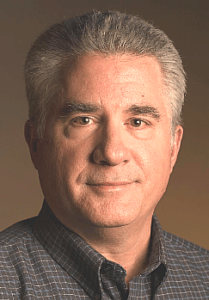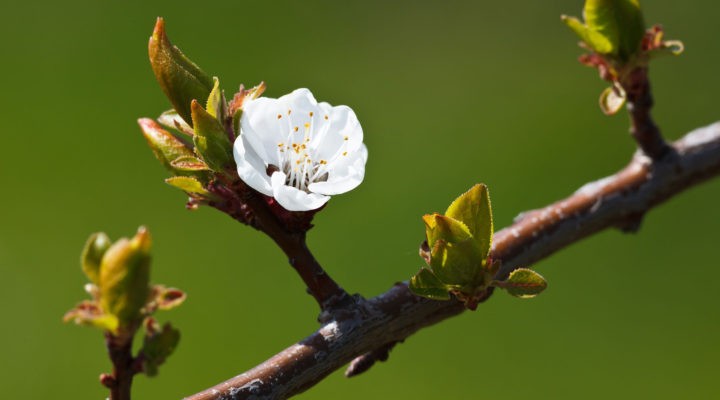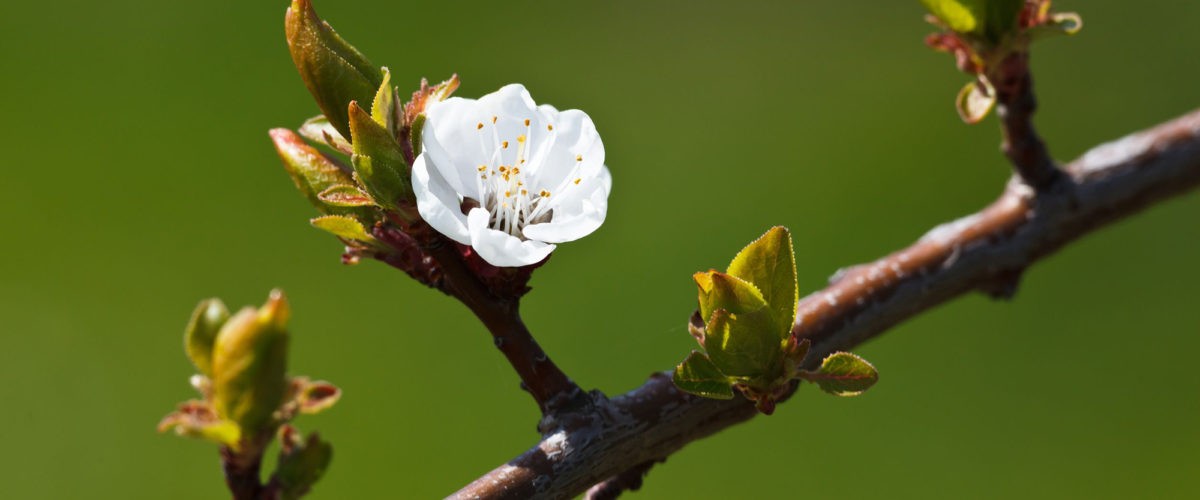Lent isn’t over just yet, and we could do with a bit more reflection and repentance as a church and a nation. But spring is arriving.
I can see it dawning over the horizon, pinkish yellow as it seeps into the retreating winter sky. It’s been dark so long, in so many ways, I almost forgot what the sun looks like. The plague year hangs on, but its fatal grip is loosening.

Erich Bridges
We all want to run out of our COVID bunkers, caution be damned, and dance in the streets. But we’re still afraid, and for good reason. So we step outside cautiously, carefully, masked-up, blinking in the sun like survivors crawling out of the rubble after the siege of Stalingrad.
I feel almost giddy. I might do something foolish, like fall in love. I used to do that every spring, ages ago, when the world was young — or I was, at least — and every girl at school looked beautiful. Maybe those days are over, but I’m eager to go to concerts and public performances again, to watch basketball games in person, to visit libraries, to mingle with friends, to listen to children laugh and play.
I want to attend a worship service at the church I’m virtually visiting, not just watch it online. I want to meet the members of my Sunday school class face to face, not on Zoom. That day has almost arrived, I hope.
We’re not out of this awful nightmare yet, and we have lost so many friends, family members and fellow citizens. We need to mourn them, remember them and rebuild in their honor. We need to do it step by step, with common sense. We need to get vaccinated — all of us. We need to keep wearing masks and distancing until trustworthy public health officials tell us the coast is clear. But the time is coming when we can resume something resembling normal life.
Can you feel the pent-up energy ready to burst forth? Economists say a new surge of growth has begun. Jobs jumped by nearly 400,000 in February as businesses reopen. People want to work, create, build and just be together. Kids not yet back in school actually want to go there; talk about a miracle.
“Can you feel the pent-up energy ready to burst forth?”
Despite the awful spasms of hatred, racism and violence (most recently directed at Asian-Americans) still tearing us apart, people want to unite, if you believe the polls. Maybe our dark season of walking an existential tightrope as a nation and society is over, at least for now. That may be wishful thinking. I hope not.
Donald Trump, the odious divider in chief, is out of power, and he’s unlikely to return as a national force beyond the fever swamps of Republican politics. Joe Biden is keeping a much lower profile than Trump so far (how could he not?) and seems to have a reservoir of goodwill among the public at large as he pushes for much-needed national relief and reconstruction. If Democrats don’t blow that opening, as they often do, they might build a bigger governing majority in the next election. That, in turn, might persuade Republicans who want to remain in office to drop the politics of fear and division.
Sorry to veer off into politics, but it’s inescapable. Politics has torn us apart as a nation more than at any time since the 1960s. We saw a mob of violent insurrectionists overrun Congress less than three months ago, attempting to overturn a national election and do bodily harm to the then-vice president, senators and representatives. Even with our current 30-second attention spans, we can’t turn the page on that event without holding the perpetrators and their enablers accountable.
“Are civic duty and care for neighbor so outmoded that they cannot be embraced once again?”
Most important now, however, is that we begin to help each other and work together, not hate and fear each other. Are civic duty and care for neighbor so outmoded that they cannot be embraced once again? Has John F. Kennedy’s famous inaugural challenge in 1961, “My fellow Americans, ask not what your country can do for you — ask what you can do for your country,” become a quaint cliche?
Sixteen years after Kennedy’s call to serve, Georgia poet James Dickey composed “The Strength of Fields” for the inauguration of Jimmy Carter. It included these lines: “Tell me, train-sound, with all your long-lost grief, what I can give. Dear Lord of all the fields, what am I going to do? … Lord, let me shake with purpose. Wild hope can always spring from tended strength. Everything is in that. That and nothing but kindness. More kindness, dear Lord, of the renewing green. That is where it all has to start: with the simplest things. … My life belongs to the world. I will do what I can.”
We were emerging from Vietnam and Watergate when Dickey wrote those words. Many wondered at the time if we would ever recover a sense of shared national identity, much less one that would make us “shake with purpose.” But we did, for a time, until cynicism and division set in again.
Can we do it again?
Erich Bridges, a Baptist journalist for more than 40 years, retired in 2016 as global correspondent for the Southern Baptist Convention’s International Mission Board. He lives in Richmond, Va.


